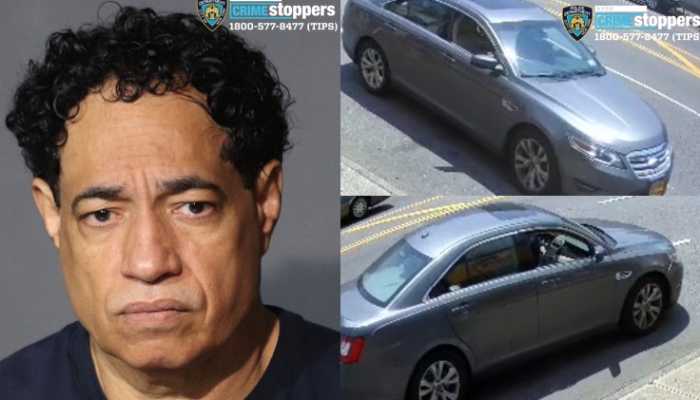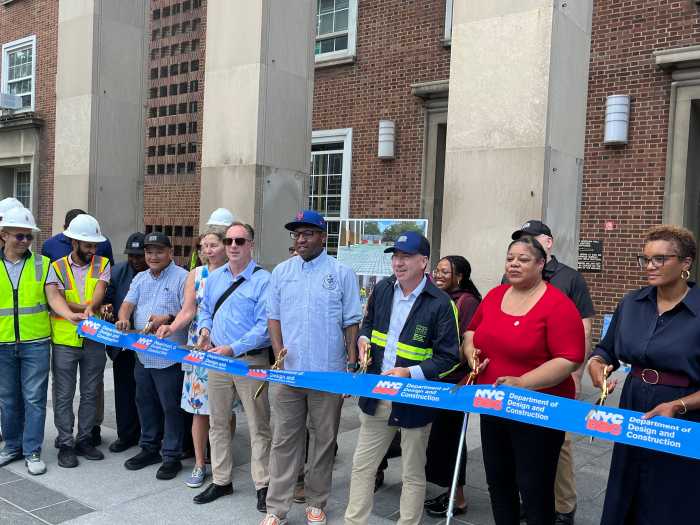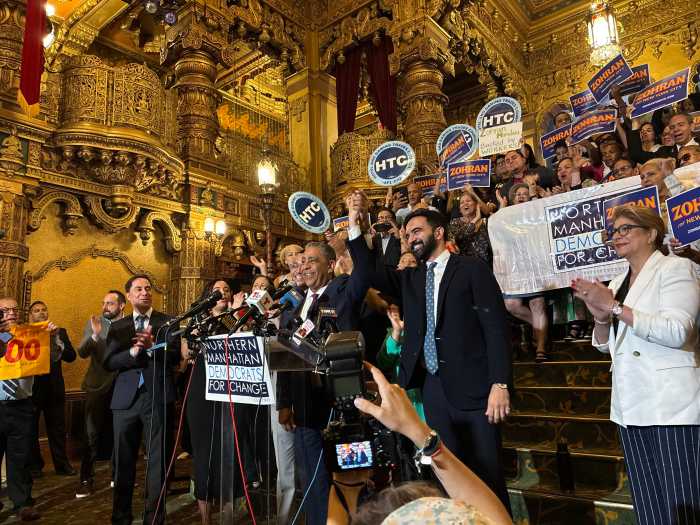By Philip Newman
Is your subway, bus or commuter train late?
The Metropolitan Transportation Authority’s new text messaging and e−mail system will notify you about transit conditions above and below ground before you leave your home.
The new system also keeps motorists up−to−the−minute on whether it is chaos or smooth sailing at bridges and tunnels.
“This is a revolutionary step that has the potential to transform the experience our customers have with us,” said MTA Executive Director Elliot Sander.
“If you know about a service disruption before you leave your home or now, even as you are making your way to a subway or rail station or a bus stop, you can avoid the frustration of delays by seeking an alternate route,” he said.
Under the new system, which has been in operation since Nov. 26, transit riders will receive the information free, but are required to register. They can request specific data on the No. 7 line or Q44 bus on a 24−hour basis or only during a particular time of the day or week.
The system uses an e−mail technology called Distributed Processing, which can send as many as 1 million messages every five minutes.
Metro−North Railroad and the Long Island Rail Road have previously sent e−mails notifying customers about service disruptions and the New York City Transit Authority has provided weekly e−mail messages updating information about service changes or disruptions caused by track work.
But the new service will be the first time the MTA has sent timely notifications of unplanned service disruptions on subways, buses, bridges or tunnels and it is the first such service to employ text messaging.
The new service is provided in partnership with MIS Sciences Corp. of Los Angeles and costs the transit agency $10,000 a month.
“While the MTA will not charge customers to use this service, those customers who have cell phone plans that charge for incoming text messages will be liable for those fees,” said MTA spokesman Jeremy Soffin.
City Councilman John Liu (D−Flushing), chairman of the Council’s Transportation Committee, said the new message system was “better late than never.”
“This is a welcome development for transit riders and will make commuting more predictable and civilized,” Liu said. “However, the plan is only good on the surface and it must be noted that this system will do little to inform riders already underground.”
Reach contributing writer Philip Newman by e−mail at news@timesledger.com or by phone at 718−229−0300, Ext. 136.

































